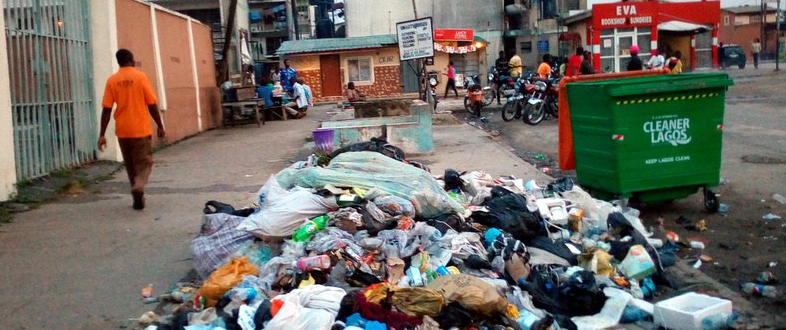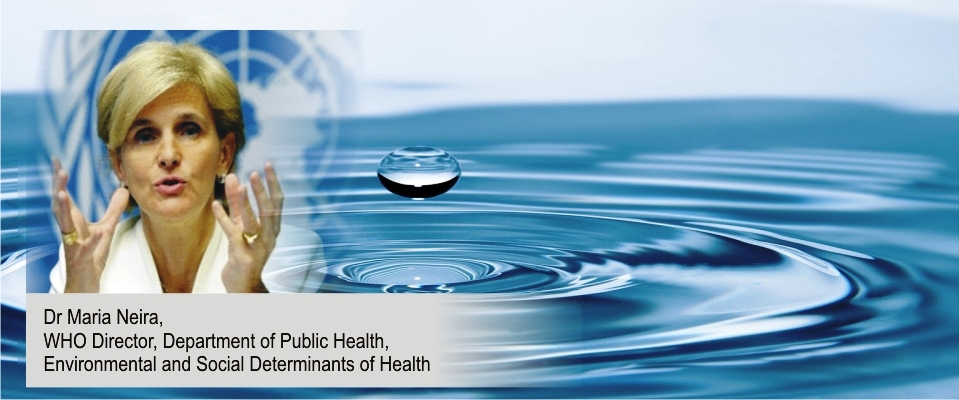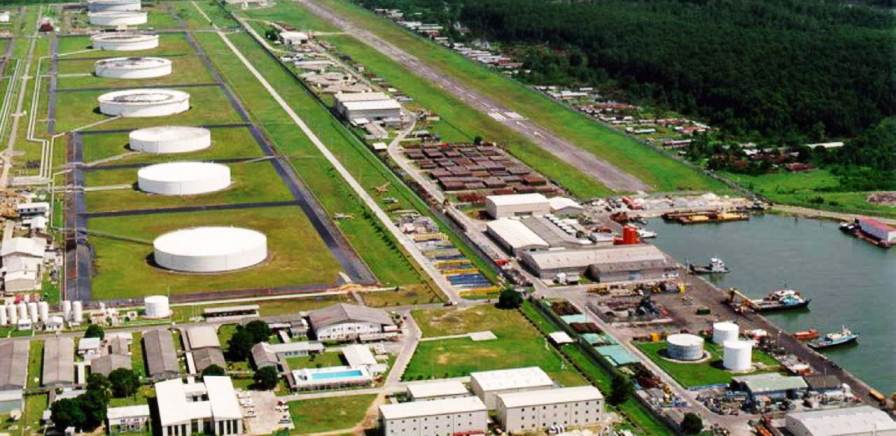

In recent times, water pollution has emerged as one of the dreadful environmental challenges facing Nigeria; as many rivers and streams have become contaminated by mostly natural and man-induced activities.
Water pollution involves contamination of streams, lakes, underground water, bays, or oceans by substances harmful to living things.
It is undisputable that all living organisms largely depend on water for their livelihood. Some live in it, while others drink it. Also the survival of man, animals and plants depend on water that is moderately pure; and they cannot subsist if their water is loaded with toxic chemicals or harmful bacteria. Water has always been a vital resource for human beings.
However, the power conferred by fossil fuels and modern technology, people have rerouted rivers, pumped up deep groundwater, and by so doing polluted the earth's water supply as never before.
As Nigeria grows socio-economically, it has suffered from series of water pollution; most especially in the Niger-Delta area of the country where land and water surfaces have been contaminated with Crude Oil activities by the Oil and Gas industries sited in the region. The oil spills and burnoff of petroleum and natural gas industries as well as clearance of vegetation have seriously damaged the land, vegetation, and most waterways in the region. This phenomenon has resulted to a number of health damages, and thousands of death since the discovery of crude oil in 1950s.
A study carried out by the National Emergency Management Agency (NEMA) in collaboration with International Strategy for Disaster Reduction (ISDR) discovered that several activities have accounted for water pollution in the country. Among these are petroleum products which get into water mainly by means of accidental spills from ships, tanker trucks, pipelines, and leaky underground storage tanks, pipeline thefts; composed chemical substances used to kill unwanted animals and plants on farms or in suburban yards; unethical disposal of agro-industrial hazardous wastes; excessive organic matter like fertilizers and other nutrients used to promote plant growth on farms and in gardens that find their way into water; floodwater from croplands, strip mines, and roads; improper dumping of debris.
In a bid to combat problems of water pollution across the country, Youths Against Disaster Initiative (YADI) has called for the immediate review and full implementation of various Nigerian Environmental Use Regulation. Environmental Protection Agencies should be technically and administratively strategized with mandate to sets standards for land use, environmental utilities, and industrial activities in the country.
Recalled, in 1988 Nigerian government established the Federal Environmental Protection Agency (FEPA) to address problems of desertification, oil pollution, and land degradation, but the FEPA recorded little or no success. Whereas, in 1995 the weaken and fragmented Environmental Agency witnessed further inept performance after the execution of a famous writer, late Ken Saro-Wiwa and other nine Ogbonis following their public demonstrations against environmental degradations in the Niger-Delta.
Effective public enlightenment programme must be put in place against dumping of contaminant by individuals and industries. This will require the collaborative efforts of both public and private individuals to discourage people from dumping contaminants like used engine oil, down grates which may pollute nearby waterways.
Also, householders and farmers are urged to be careful in their use of garden pesticides and fertilizers to avoid contaminated runoff and eutrophication. Excessive use of fertilizer by famers and agro-industries must be discouraged in the country.
YADI confirmed that Cadmium in fertilizer derived from sewage sludge can be absorbed by crops. If these crops are eaten by humans in sufficient amounts, the metal can cause diarrhea and, over time, liver and kidney damage. Lead can as well get into water from lead pipes and solder in older water systems. Through such circumstance, children exposed to lead in water can suffer mental retardation.
Moreover, ethical afforestation practices are expected of farmers. These include environmental protection using traditional techniques such as planting of different crops in a single field at once to cover the ground more evenly, thereby reducing erosion and increasing soil fertility; planting and maintaining farmland trees and hedgerows, also to reduce erosion.
Culled from Yadi Nigeria





